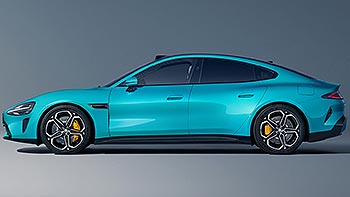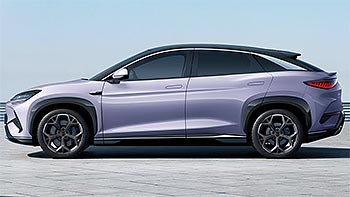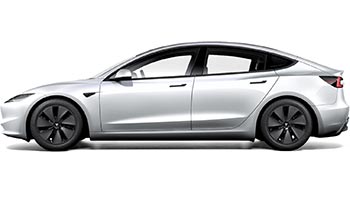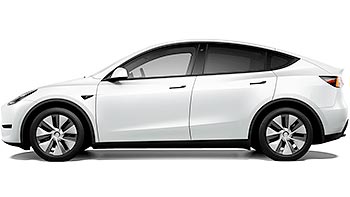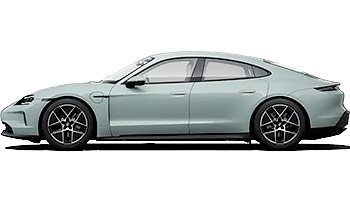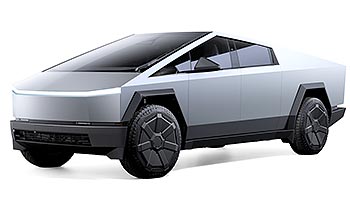Halo.Car unveils remote-piloted EVs with no human onboard

Electric Vehicle car-sharing and rental service provider Halo.Car is paving the way for a future of remote-controlled vehicles on public roads. The Las Vegas-based firm recently revealed that it had started operating its fleet of electric cars without an onboard safety driver, becoming the world's first company to offer a commercial, remote-piloted EV service with no human presence in the car. Witness this revolution in action as a driverless car navigates downtown Las Vegas, making quite the spectacle.
Contrary to the traditional car-sharing business model that necessitates specific parking lots and vehicle pick-up and return points, Halo.Car brings the vehicle directly to you. The catch? The car arrives with no one inside.
Although autonomous taxi services are being tested in places like California and even Halo.Car's hometown, the company maintains that full autonomy is still some way off. Instead, Halo.Car employs remote drivers to control the EVs using video and sensor data, all streamed from specially developed hardware and software mounted on the first generation electric Kia Niro.
Having already begun its operation on Las Vegas streets, Halo.Car utilizes several fail-safe mechanisms to guarantee the safety of pedestrians and other road users. Their journey towards seamless car-sharing mobility includes four phases: initial manual deliveries, remote deliveries with an onboard safety driver, remote deliveries with no one inside but a follow-up vehicle, and finally, standalone remote deliveries. As of now, the company has progressed to the third phase, eliminating the safety driver from the equation.
Over the past four years, Halo.Car has demonstrated the potential of remote piloting, now transitioning to driverless operations in their fleet of Kias. Customers in Las Vegas can book a Halo.Car, which is remotely driven to their location without anyone inside. Users can then use the EV at their leisure, park it, and terminate their rental at their convenience. Once finished, a remote operator will regain control of the car, driving it away seemingly on its own.
 Only the lead car is driverless
Only the lead car is driverless
The company's CEO, Anand Nandakumar, described the implementation of driverless delivery as a significant step towards their vision of providing easy, on-demand car-sharing. He added that the company had spent thousands of hours testing and was now confident enough in their remote-piloting technology to eliminate the safety driver.
The EVs, retrofitted with cameras, modems, antennas, and proprietary components by Halo.Car, utilize T-Mobile's 5G network for remote driving. They have also created unique algorithms to ensure optimal network connection at all times.
 Driverless car is followed closely by another vehicle with a driver onboard
Driverless car is followed closely by another vehicle with a driver onboard
Although the excitement about this development is understandable, remember that the company is still in phase three. Therefore, driverless EVs will still be trailed by another vehicle ready to intervene if needed. However, soon, these chase cars will join the safety drivers back at the headquarters while the EVs operate independently on public roads.
Halo.Car aims to extend its driverless delivery service to other Las Vegas areas and increase its fleet to hundreds of EVs in the upcoming months. Further expansion to new cities is expected by 2024.
Related
Reader comments
Nothing yet. Be the first to comment.












